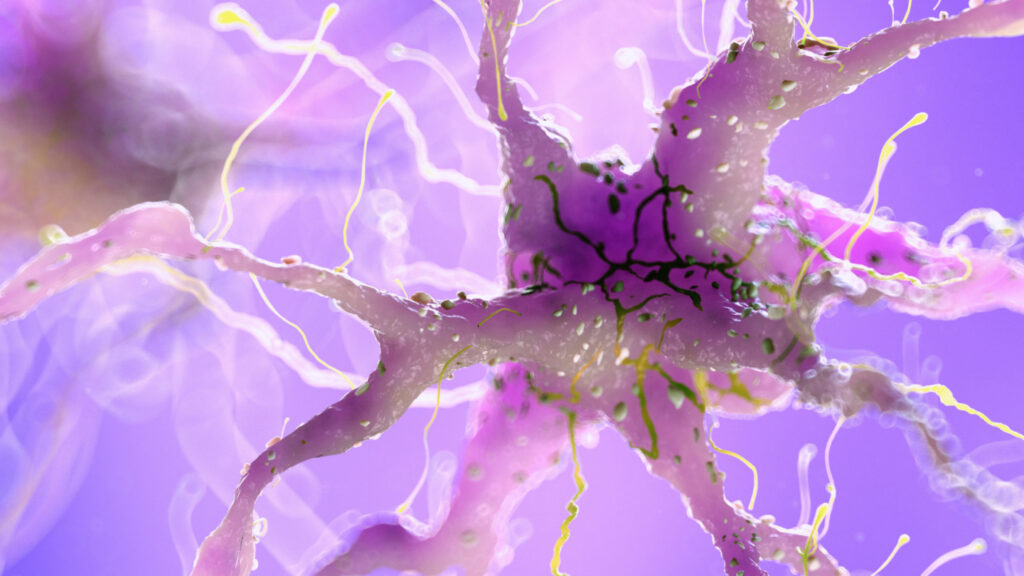
Mild cognitive impairment, as the label suggests, doesn’t usually involve severe symptoms, but it still can be scary for older adults, since the condition often is an ominous precursor to full-blown dementia.
A newly regulated software tool, BrainSee, offers clarity on whether MCI is likely to progress to Alzheimer’s or another form of dementia in someone.
Every year, up to 15% of older adults with MCI develop some form of dementia, and because it often is an early stage of Alzheimer’s, 42% of Americans of any age say they fear an MCI diagnosis, according to the Alzheimer’s Association.
Although BrainSee’s tool will not always promise older adults a happy outcome, knowing one’s likely trajectory early on could have important implications for treatment and save providers on costly, invasive testing options later.
The software received market clearance from the US Food and Drug Administration earlier this month, the company announced.
BrainSee uses artificial intelligence and image analysis to combine a patient’s MRI scan and cognitive assessment into a score that could range from 0 to 100 and ranks the person’s likelihood of disease progression, the website explains.
“Our vision is to redefine brain health screening and monitoring standards and impact the lives of patients and their family members in a meaningful way. BrainSee is the first product of our vision [to redefine brain health screening],” Padideh Kamali-Zare, PhD, the CEO of BrainSee parent company Darmiyan, said in a statement. “It’s backed by our solid technological infrastructure that is capable of driving further transformations and scalable innovations in the brain health landscape.”
One silver lining for people living with Alzheimer’s and those in whom the disease is likely to progress is that newer drugs and treatment options are proving effective and companies continue to invest heavily in Alzheimer’s research.
Other recent tools or studies that use artificial intelligence to predict and analyze dementia include a model that predicts when people living with dementia may need nursing home care and another program that predicts Alzheimer’s onset up to five years before an actual diagnosis.


